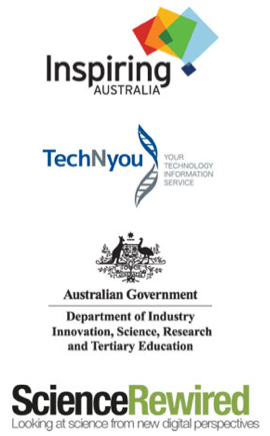As 2013 ramps up, the ASC executive is sharpening its focus on kicking a few big goals. One of these is greater emphasis on communication and profile, building on the great work of many over the last few years. As Vice President I have this project/mindset/approach mapped to my role (very excited by that); but we as an executive team have this very close to our collective hearts.
We need to get more of a picture on what the ASC means to members. In branch surveys in years past, two main preferences have emerged: professional development and networking/social activities. But with hundreds of members from many parts of the country and with many different professions, it’s important we get an accurate picture of what you want and what role you see for the ASC. A members’ survey is coming soon.
We are also looking outwardly. The world around us, the context in which we work to communicate science has changed a lot. From the evolution of the Inspiring Australia strategy* to the burgeoning of social media, the landscape has changed a great deal in the almost 20 years of ASC. So what role should ASC play, what voice should we have in this changing landscape and into the future?
Some key priorities for the executive and me particularly is improving the opportunities for members to communicate with each other to enable better networking – some of this is through online platforms – and also encouraging a stronger and more coherent profile of ASC aimed at those in the ‘outside world’ who aren’t familiar with us.
As always, please contribute your ideas about communication and marketing priorities. Or, better still; contribute your skills and energy. If you’re keen, please get in touch.
Read Tim Thwaites’ blog post from August 2009 for a blast from the past or check out the Inspiring Australia feed on the ASC website.


